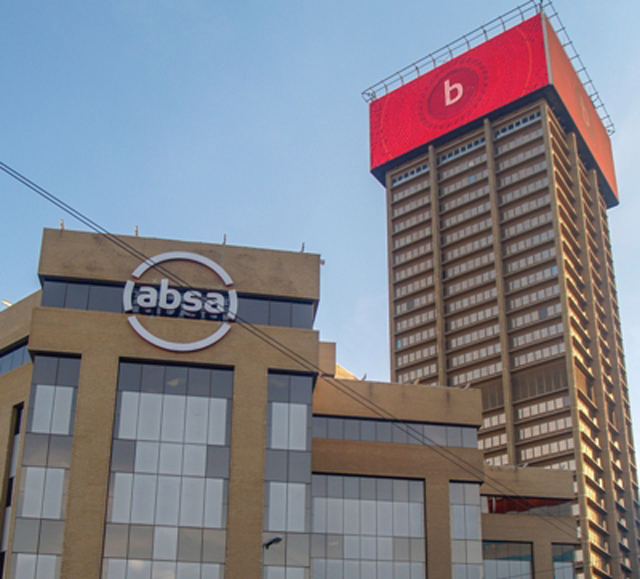
Oil, agriculture and BoU to determine the recovery path, executives say
Kampala, Uganda | THE INDEPENDENT | Economic recovery in the coming years will largely depend on oil and gas, agriculture and Bank of Uganda’s monetary policy decisions, according to Absa Bank Uganda executives.
Speaking via a recent virtual conference about the Absa East Africa Macro Outlook for the second half of 2021, David Wandera, the head of financial markets at Absa Bank Uganda, said, Uganda’s economy is struggling now but the outlook is positive.
He attributes this optimistic stance to among others; the country’s favourable agricultural conditions, the central bank’s interventions to stimulate borrowing and the recent developments in the oil and gas sector.
“The developments in the East African Crude Oil Pipeline means that a lot of businesses that were dormant are being given tenders, and with the expected signing of the Final Investment Decision at the end of the year, this could prove to be a transformative period for Uganda,” Wandera said.
Overall, the outlook is positive, but Wandera said, they are maintaining a ‘wait-and-see strategy.’
For now, Ridle Markus, the sub-Saharan macroeconomist at Absa Group, said the low rate of vaccination for COVID-19 in sub-Saharan Africa is hindering fast economic recovery prospects of the region’s countries.
“With regard to economic growth, it has been noted that sub-Saharan Africa is lagging behind the rest of the world, in part due to a low rate of COVID-19 vaccination – standing at about 3 doses per 100 people,” he said.
In Uganda, with a population of over 42 million, a total of merely 1,123,221 vaccine doses had been administered as of August 08, according to the World Health Organisation.
Insights from the Global Dashboard for COVID-19 Vaccine Equity show that 1 in 74 people or 1.36% of people in low- and lower-middle-income countries had been vaccinated as of August 04.
This is a sharp contrast to the 1 in 2 people or 51.15% of people that had been vaccinated in high-income countries by the same date.
The World Health Organisation blames this on COVID-19 vaccine inequity and attributes it to a high price per COVID-19 vaccine dose and delivery costs.
This has affected economic recovery in low – and lower-middle-income countries as many are still implementing lockdowns and partial lockdowns to stem the spread of the Coronavirus – which in turn have negative impacts on the socio-economic wellbeing of the population.
Markus, however, said that in spite of this, East Africa is expected to record the fastest growth cycle compared to West Africa, the islands and southern Africa because there are sectors in the region that will further push growth in the economies.
****
 The Independent Uganda: You get the Truth we Pay the Price
The Independent Uganda: You get the Truth we Pay the Price



